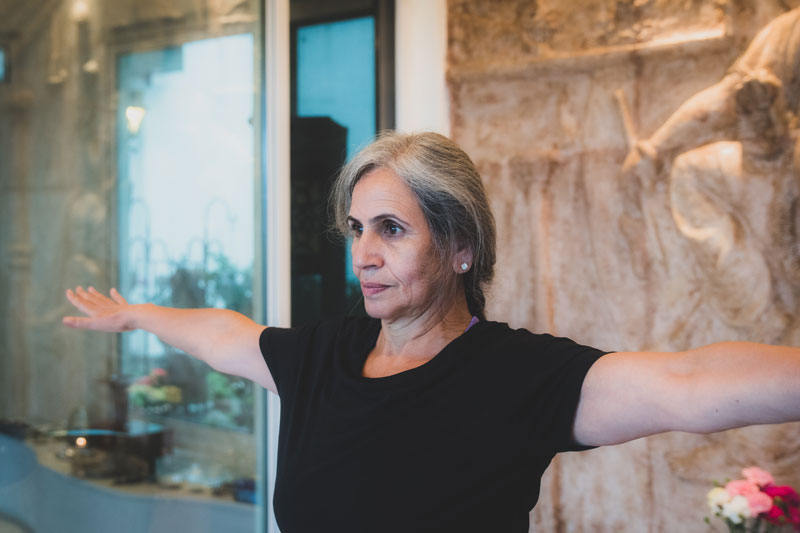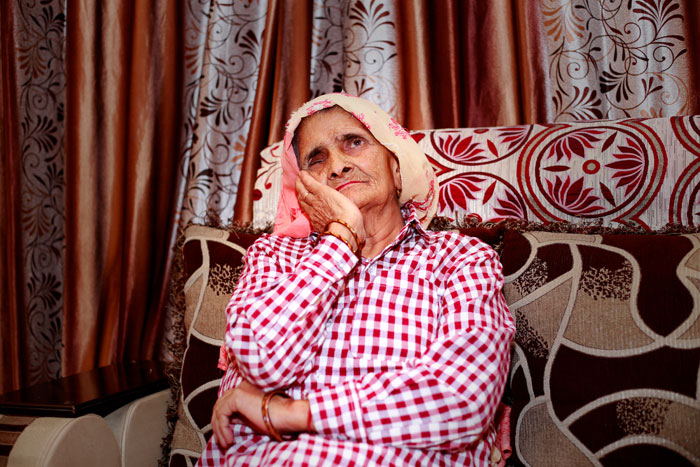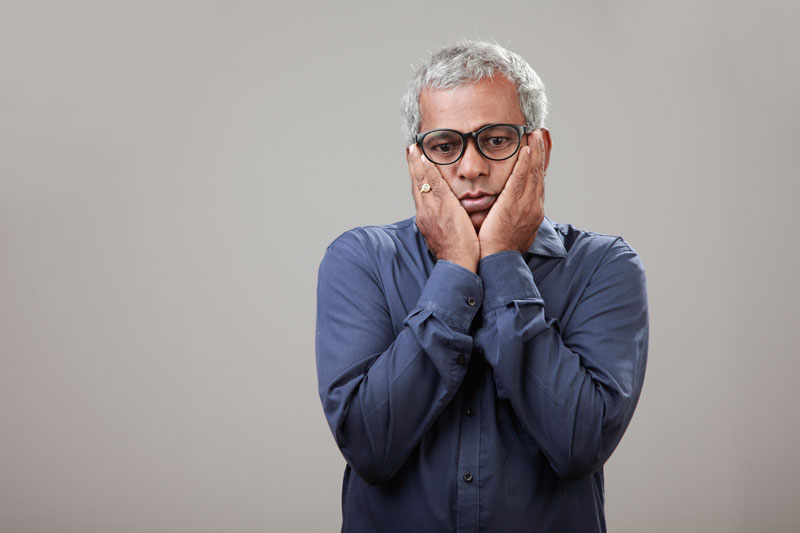Quarantine or isolation can lead to deteriorating mental as well as physical health. Psychiatrist Dr. Manish Bajpayee explains how exercising can help you stay upbeat
When people refrain from going outside, to prevent the spread and getting infected by the novel coronavirus, for the elderly it could lead directly to a deterioration of their mental and physical health. Seniors or the elderly citizens spend their days watching extensive television during such restrictive times. With the telecast of Ramayana and other serials of their era, I foresee this more so!
This may result in them being preoccupied with a medium which paralyses and restricts movement for long periods of time. Meals are eaten in a quick fashion, there is no talking to others and resultant their physical and intellectual activities drop, making them frail physically and mentally.
In such a state, their ability to recover from an illness, as well as their immune systems, are compromised. It has been said that the amount of muscle an elderly person loses when bedridden for two weeks is equivalent to a few years’ worth of muscle loss.
Exercise improves Mental Health
In numerous studies it has been found that inactive elderly vis-à-vis the active were found to have more emotional problems, depression and problems with sleep. Sleep disorders and an earlier onset of cognitive deterioration accompanied the inactive groups studied. A study on the elderly with depression found that after being prescribed medication and exercise in comparison to only medication, the former improved rapidly. In fact, the authors noted that the exercise group was able to sustain the gains and had fewer relapses and they lived longer.
The state of the present society is movement driven, but a large percentage of the population doesn’t exercise adequately. In addition, the present spread of COVID-19, the prescription of social isolation and to be indoors, the panic due to the rising cases and the rumors circulating paralyses the most robust and active members of society. For the elderly, it results in a fear of movement and a restriction of life.

Do small workouts at home
Over time this results in physical, emotional and cognitive deterioration. To prevent this, they require to increase the time that they move around and make sure that they do small workouts at home. For example, they can stand up and march on the spot when the TV is on a commercial break. When the isolation or quarantine period are over they should go outside or somewhere in an open space and do physical activities. While you should avoid crowds, even then, walking is recommended.
Increase Happy Hormones
Staying active will keep the community but more so this age group both mentally and physically healthy. Exercise can help reduce elevated cortisol levels, as well as trigger the release of endorphins, boosting your overall mood and happiness. If you are feeling well enough and don’t have active symptoms, doing a prescribed workout at home to avoid physical contact with others is the best. However, walking up a few flights of stairs is sufficient. Ten steps up and down in one set, with two sets a day, is enough.
There are many reasons why we tend to slow down and become more sedentary with age. It may be due to health problems, weight or pain issues, or worries about falling. Or perhaps one assumes that exercising simply isn’t for you. But as you grow older, an active lifestyle becomes more important than ever to your health. Getting active is not just about adding years to your life, it’s about adding life to your years. People who regularly exercise are cognitively and emotionally more resilient. Life asks us to move, to push and pull. One should do it at all stages of life.

Walking
Walking is one of the best exercises, given the circumstances. Just walking in the corridor, or up and down the steps or in the balcony or the terrace or from one room to the next or in front of the TV is good enough. It should be done with intention, recorded mentally or in a note, and it should be relatively brisk.
No matter what your age or physical condition, it’s never too late to get your body moving, boost your health and outlook, and improve how you age. Start slow and build up steadily. If you haven’t been active in a while, build up little by little. Try spacing workouts in ten-minute increments twice a day.
Physical and social distancing does not mean that people have to be immobile. On the contrary exercise should become an even more essential part of staying fit and psychologically alert. We feel mentally better when we are physically active.
Be active for mental fitness!








